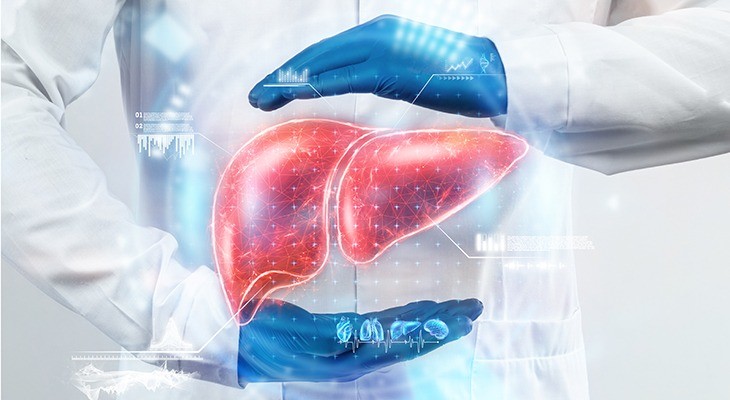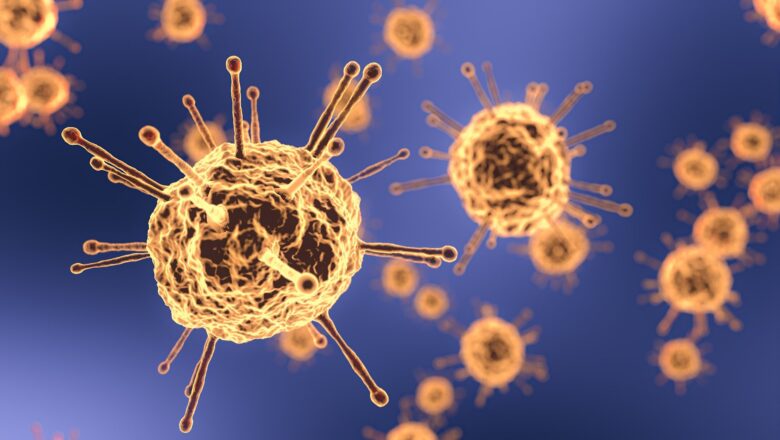
Aging in Eye Health: Age-Related Eye Problems
Aging is a natural process that causes changes in many systems in our body. Eyes are one of the important organs that feel the effects of aging. In eye health, aging can cause eye problems to occur. This article will give detailed information about age-related eye problems and treatment options for these problems.
I. Age-Related Eye Problems
Cataract
Cataract is an eye problem that often occurs with aging. Cataracts cause blurred vision as a result of the opacification of the eye's natural lens. It is usually treated with surgery. The patient can regain his/her previous visual acuity with a new artificial lens.
Glaucoma
Glaucoma is a condition that causes optic nerve damage due to increased intraocular pressure. The risk increases with age. Early diagnosis and treatment...








